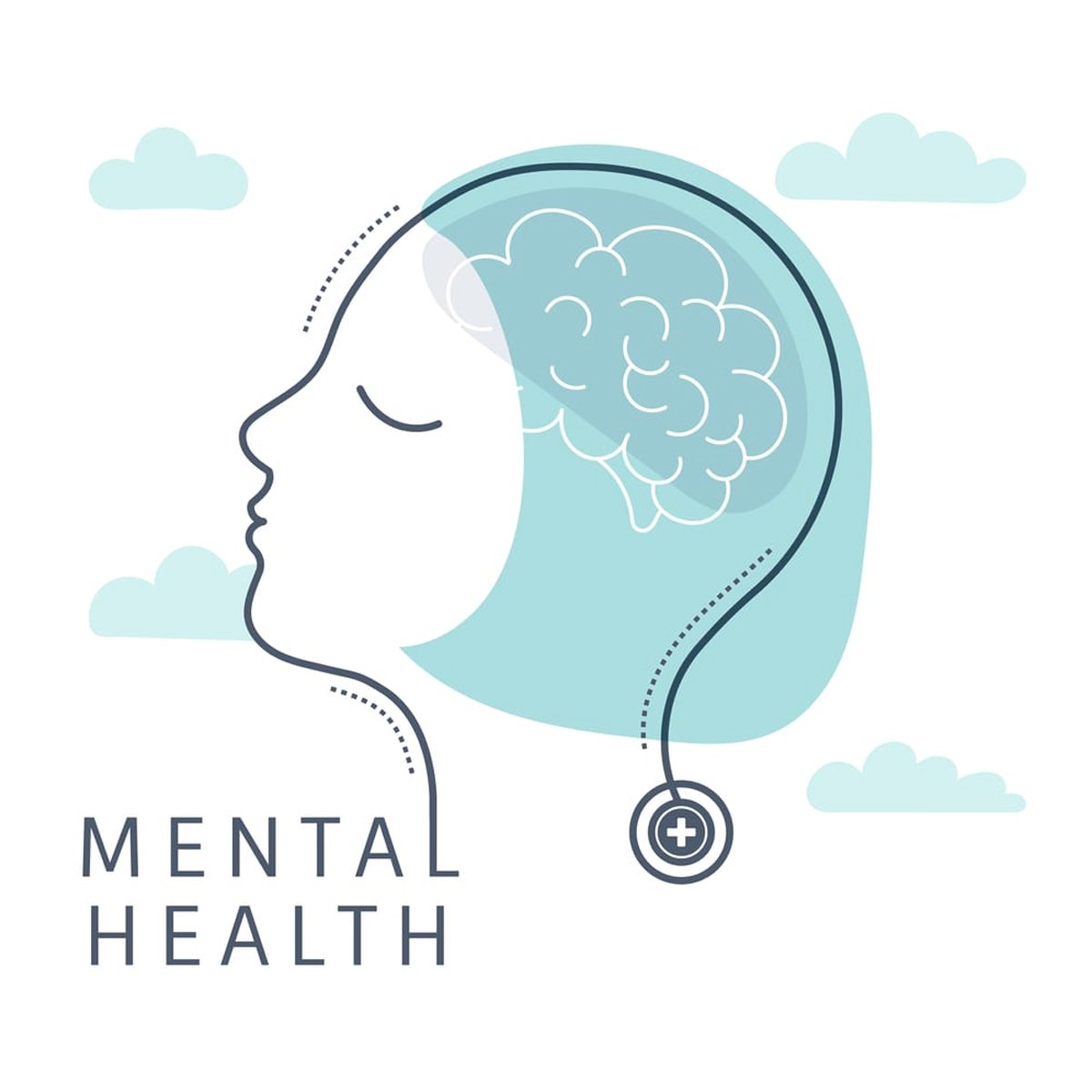In today’s fast-paced world, where demands seem endless and stressors abound, the importance of mental health has never been more pronounced. Mental health isn’t just the absence of mental illness; it’s about thriving in life, despite the inevitable challenges we face.But how do we unlock the power of resilience and nurture our mental well-being in the midst of life’s complexities? Here are some insights and strategies to consider.
Embrace Self-Compassion:
In a society that often glorifies productivity and perfection, it’s crucial to cultivate self-compassion. Treat yourself with the same kindness and understanding that you would offer to a friend facing difficulties. Acknowledge your struggles without judgment and recognize that it’s okay not to be okay sometimes.
Practice Mindfulness:
Mindfulness involves being fully present in the moment, without judgment. By practicing mindfulness through techniques such as meditation, deep breathing, or simply paying attention to the sensations in your body, you can cultivate a greater sense of calm and clarity amidst life’s chaos.
Build Supportive Relationships:
Human connection is a fundamental aspect of mental health. Nurture relationships with friends, family, or support groups that provide a safe space for you to express yourself authentically and receive support when needed. Remember, it’s okay to lean on others during challenging times.
Prioritize Self-Care:
Just as you prioritize your physical health by eating nutritious foods and exercising, it’s essential to prioritize your mental health through self-care practices. Engage in activities that bring you joy and relaxation, whether it’s going for a nature walk, indulging in a creative hobby, or simply taking a warm bath.
Set Boundaries:
Establishing boundaries is crucial for protecting your mental well-being. Learn to say no to commitments that drain your energy or compromise your values. Respect your limits and prioritize activities that align with your priorities and values.
Seek Professional Help When Needed:
There’s no shame in seeking professional help when you’re struggling with your mental health. Therapists, counselors, and mental health professionals are trained to provide support and guidance tailored to your unique needs. Don’t hesitate to reach out if you’re experiencing persistent symptoms or distress.
Practice Gratitude:
Cultivating a mindset of gratitude can have profound effects on your mental health. Take time each day to reflect on the things you’re thankful for, no matter how small. Gratitude helps shift your focus from what’s lacking to what’s present, fostering a sense of contentment and resilience.
FAQS
What is mental health?
Mental health refers to a person’s emotional, psychological, and social well-being. It encompasses how individuals think, feel, and behave, as well as their ability to cope with stress, manage emotions, and interact with others in a healthy way.
What are common mental health disorders?
Common mental health disorders include depression, anxiety disorders (such as generalized anxiety disorder, social anxiety disorder, and panic disorder), bipolar disorder, schizophrenia, post-traumatic stress disorder (PTSD), and eating disorders (such as anorexia nervosa and bulimia nervosa).
What are the signs and symptoms of mental health disorders?
Signs and symptoms of mental health disorders vary depending on the specific disorder but may include persistent sadness or feelings of hopelessness, excessive worry or anxiety, changes in sleep or appetite, mood swings, difficulty concentrating, social withdrawal, substance abuse, and thoughts of self-harm or suicide.
How can I improve my mental health?
Improving mental health involves adopting healthy lifestyle habits, such as maintaining a balanced diet, getting regular exercise, practicing relaxation techniques (such as meditation and deep breathing exercises), establishing a support network of friends and family, seeking professional help when needed, and prioritizing self-care activities that bring joy and fulfillment.
When should I seek help for my mental health?
It’s important to seek help for mental health concerns if you experience persistent symptoms that interfere with your daily functioning, relationships, or overall quality of life. If you’re unsure whether to seek help, it’s always a good idea to reach out to a mental health professional for guidance and support.

conclusion
In conclusion, nurturing your mental health is a lifelong journey that requires patience, self-compassion, and intentional effort. By embracing resilience-building strategies and prioritizing your well-being, you can cultivate a stronger foundation for navigating life’s ups and downs with grace and courage. Remember, you’re not alone, and it’s never too late to prioritize your mental health.




